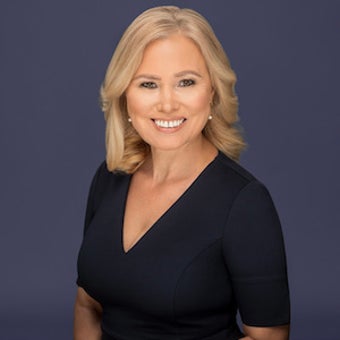Putin pleased attacks on Israel have taken attention off Ukraine: Rebekah Koffler
Author of "Putin's Playbook" shares insight into Russia's position on the war in Israel.
As America prepares to celebrate Christmas, some government officials across the country have introduced, in their jurisdictions, guidelines for "inclusive decorating practices" and "neutral language" to mark the holiday season. They instruct their staff to replace the red and green colors with neutral tones, avoid religious ornaments, and use gender-neutral nouns such as "snow people" instead of "snowmen" in order not to offend some members of the community.
This has given me flashbacks to Soviet Russia, where I was born and raised.
I didn’t know about the existence of Christmas until my 20s when, as a student at the Moscow State Pedagogical Institute, I was sent on an exchange program to London.
That winter, I learned that the British celebrated something called Christmas using decorations that resembled the paraphernalia of the biggest Russian holiday of the year – New Year’s – except they used the wrong terms for everything. The Russian bushy-eye-browed and long-bearded Grandfather Frost was Santa Claus for the Brits, our Yolka pine tree was their Christmas tree. Grandfather Frost didn’t have his charming granddaughter, Snowgirl. Instead, he had a sweetly innocent reindeer named Rudolph.
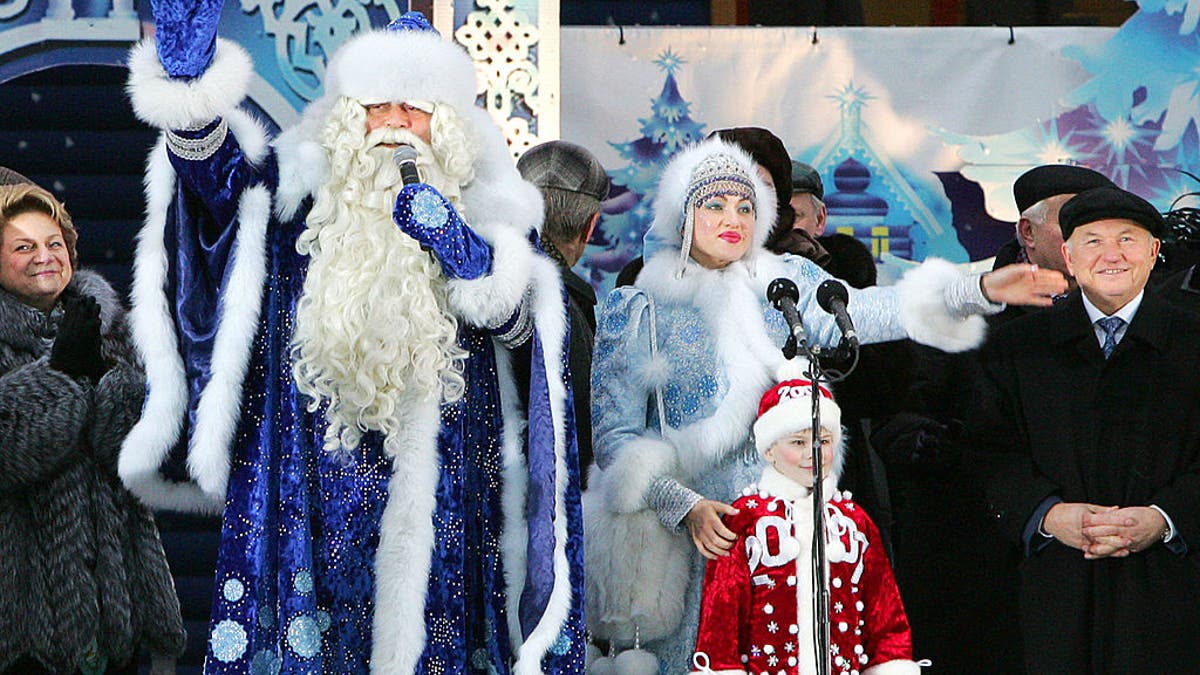
Father Frost and Snow Maiden (Snowgirl) make an appearance in Red Square, Moscow, on Dec. 27, 2005. (Natalia Kolesnikova/AFP via Getty Images)
The Brits also celebrated the holiday on the wrong day. Instead of drinking and eating all night long from Dec. 31 to Jan. 1 and watching forbidden Western rock bands like the Eagles, they went to church, sang Christmas carols and spoke about the birth of Jesus Christ as the reason for the holiday, which was on Dec. 25.
Little did I know at the time that Russia also used to celebrate Christmas, which it called the "The Birth of Christ," Rozhdestvo Khristovo. In October 1917, however, the Bolsheviks seized power and killed the czar during the revolution masterminded by Vladimir Ilyich Lenin, a left-wing professional revolutionary who went by the pseudonym "Lenin."

The Bolsheviks did away with Christmas altogether by making New Year’s the biggest Russian holiday of the year, and they took Christ out of Christmas. (iStock)
On Feb. 8, 1918, Lenin canceled Christmas. He did it under the guise of transitioning from Imperial Russia’s Orthodox Julian calendar to the West European calendar, signing a decree "On Introducing a West European Calendar in the Russian Republic." With a stroke of a pen, all religious observances were gone. The Bolsheviks did away with Christmas altogether by making New Year’s the biggest Russian holiday of the year, and they took Christ out of Christmas.

A status of Vladimir Lenin overlooks the center of Comrat, Moldova, on March 12, 2022. (AP Photo/Sergei Grits)
Lenin was a devoted disciple of Karl Marx, adopting Marx’s belief that religion was the "opiate of the people," a medicine for the oppressed against the suffering from exploitation by the oppressors. Lenin believed that Christianity was incompatible with communism. A true communist’s allegiance must be to the party, not to anyone else, including God. Lenin, therefore, decided that religion was to be eliminated. He began "reeducating" people to relieve them of the Christmas "opiate."
CLICK HERE TO GET THE OPINION NEWSLETTER
And thus the Soviet Union became secular. The Orthodox cross was replaced with the "hammer and sickle" and the state became your religion, imposing its control on every aspect of your life, as if it were the Almighty Himself. Lenin, whose embalmed body is still on display in the mausoleum in Moscow's Red Square, became a God-like persona in Soviet Russia.
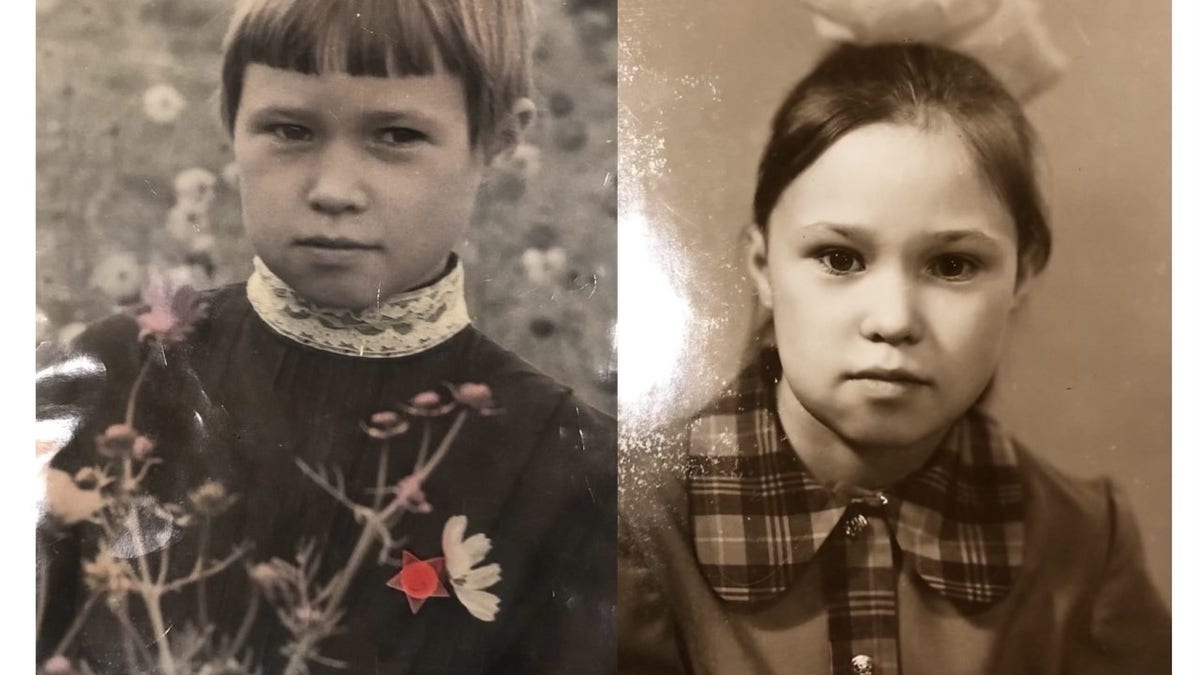
Rebekah Koffler is pictured here in the Soviet Union. (Rebekah Koffler)
My maternal grandmother, Baba Nyusya, evidently, was one of the remaining "true believers" as she had me baptized, in secret, when I was a baby. Having no recollection of it, I grew up a good little atheist, committed to serving the Motherland and its cause of a "workers’ and peasants’ paradise." I admired the picture of a young "Grandfather Lenin" that adorned my "Bukvar," the textbook used in Soviet schools to teach first-graders how to read. I would occasionally report to my teachers on my parents, whenever my Mom or Dad expressed doubts about the wonderful Soviet socialist system where everyone was "equal." At the time, I was puzzled by my mother’s instruction to me to learn English so I could eventually go to America to enjoy "freedom" and "opportunity."
The most striking thing – other than the abundance of good food – that I noted upon immigrating to America shortly before the collapse of the USSR in 1991, was freedom. I loved the freedom to speak your mind, freedom to pray to God, and freedom to call out the government authorities if they lied or did something wrong. It was liberating not to have to look over your shoulder to check who might be listening and wondering if you would be reported to the authorities for "wrongthink."
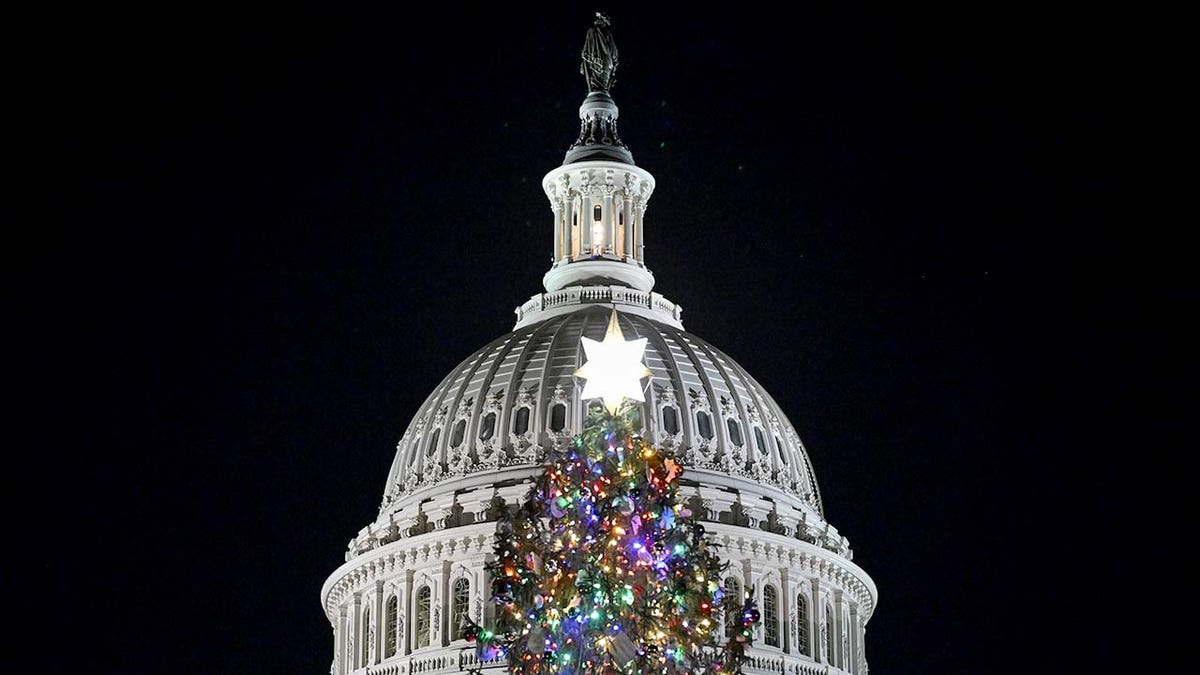
The U.S. Capitol Christmas tree is seen on Nov. 28, 2023. (Celal Gunes/Anadolu via Getty Images)
Even as a convert to Judaism, Christmas still has a special meaning for me. I love Christmas. For me, coming from a country that enforced atheism and sought to eradicate Christianity, Christmas goes beyond spirituality. It is about freedom. Freedom of worship. Freedom of the soul.
CLICK HERE TO GET THE FOX NEWS APP
Regretfully, in the past few years, America, the country that I’ve called my adopted homeland for the past 34 years, has changed dramatically. It reminds me more and more of the Soviet Russia that I had fled. Religion is under attack, antisemitism is rampant, conservative values are demonized, and even language itself is being modified to fit the political agenda of the ruling class in Washington. Like the Russians in the USSR, many Americans are afraid to speak their mind for the fear of being canceled, losing their jobs or being ostracized by their own children, who have been indoctrinated in Marxist-Socialist ideology, a lot like I was as a child growing up in the Soviet Union.
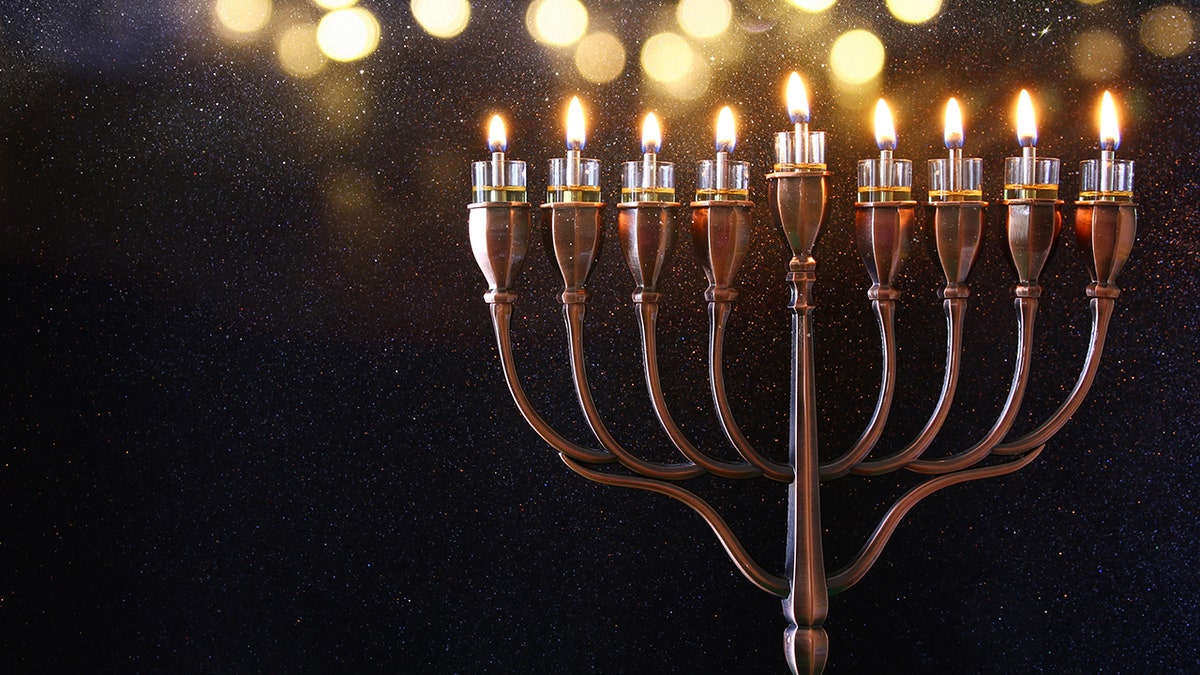
A Hanukkah menorah (iStock)
What I fear the most now is that my American-born children will one day be afraid to light the Menorah candles, instead of celebrating the New Year’s holiday, with a pine tree, "snow people" and Grandfather Frost. They’ll have little memory of what Hanukkah and Christmas once were. Most of all, I fear that instead of praying to God to give them stamina and inspiration, in order to embark on their next great venture in life, they’ll be praying for the almighty state and the government apparatchiks to grant them "free" health care, forgive their student loans, and guarantee lifetime employment in a 4-by-4 sterile cubicle.
Just like in the Soviet Union.
CLICK HERE TO READ MORE FROM REBEKAH KOFFLER
Editor’s note: Rebekah Koffler is the author of the forthcoming book "American Bolsheviks: The persecution of Donald Trump and Sovietization of America."








































